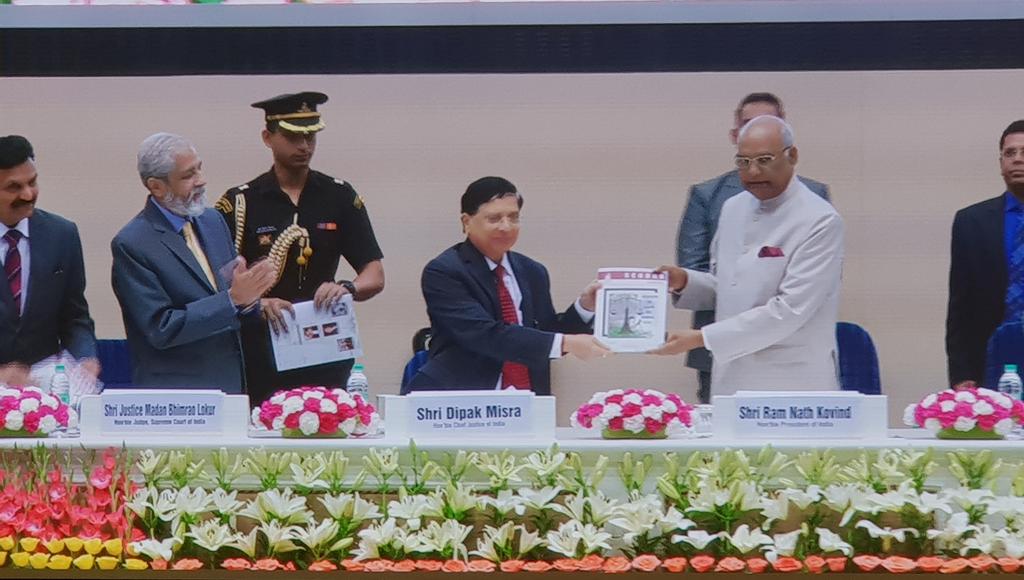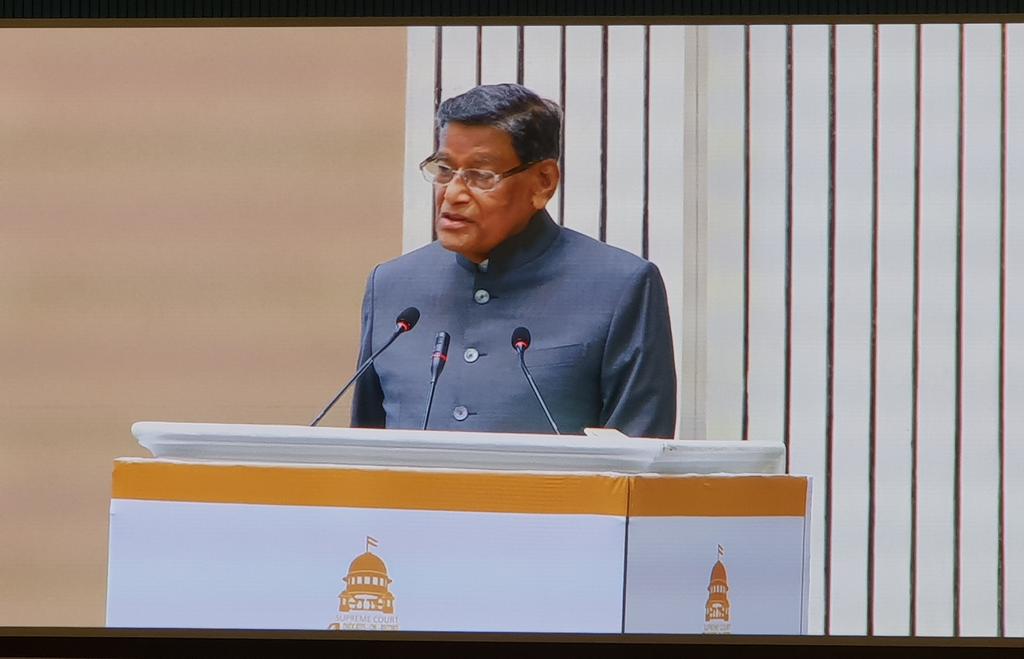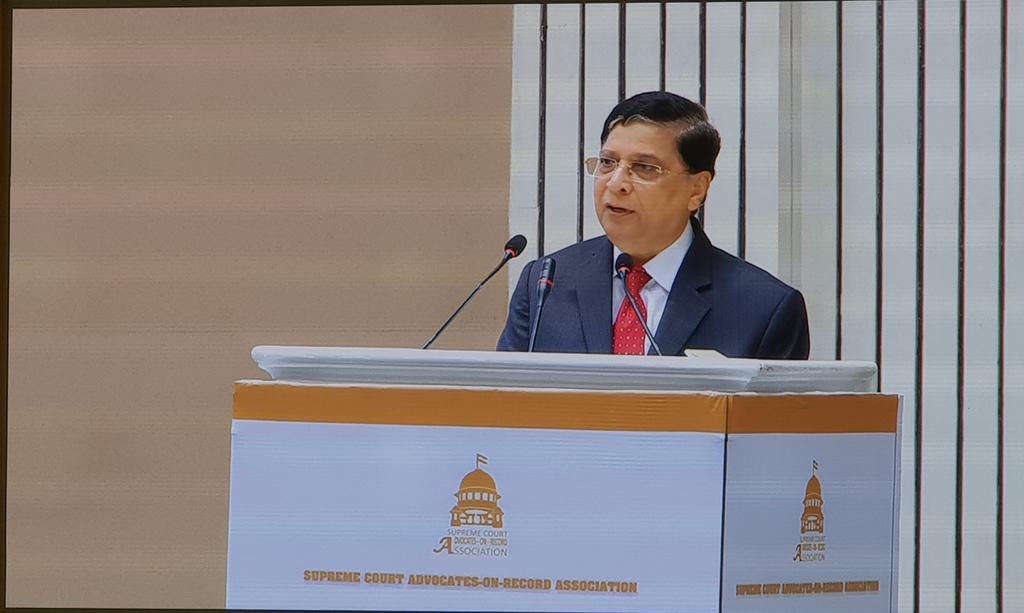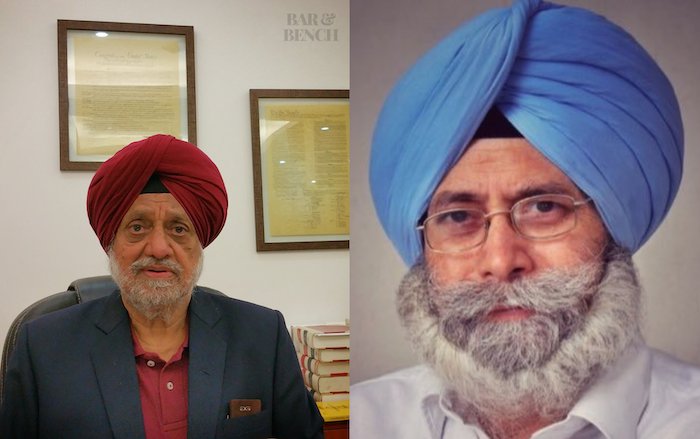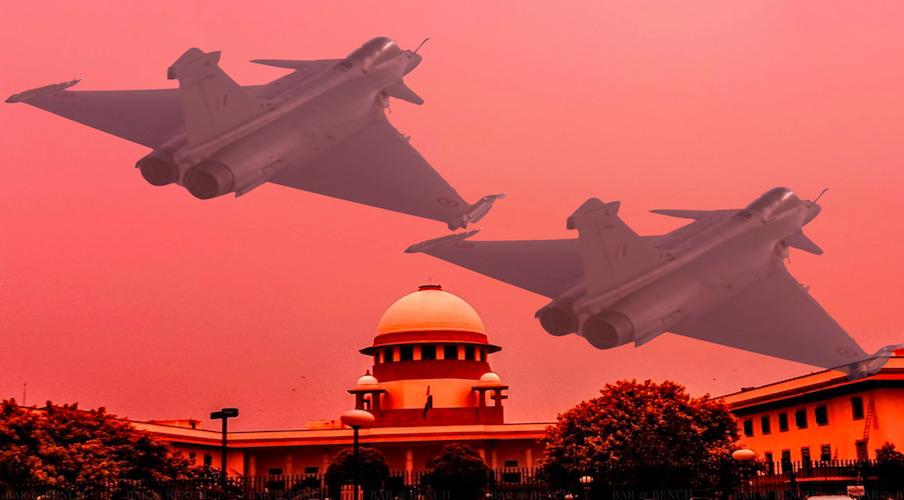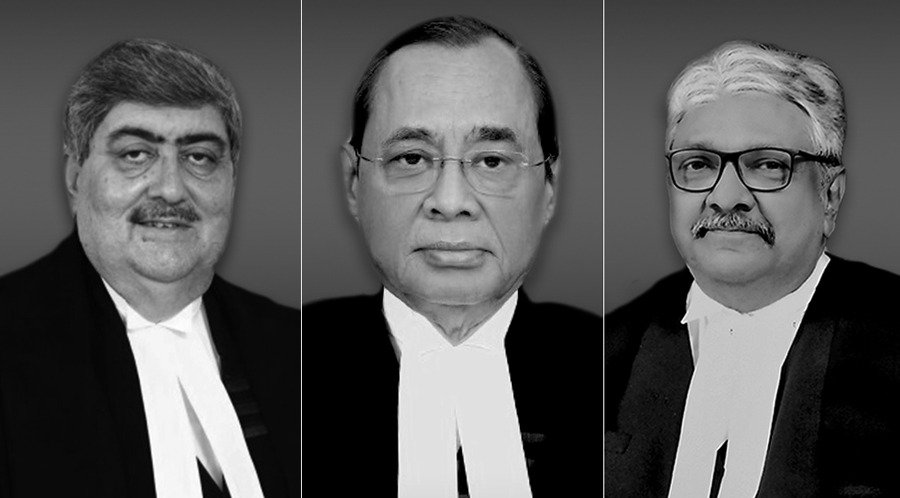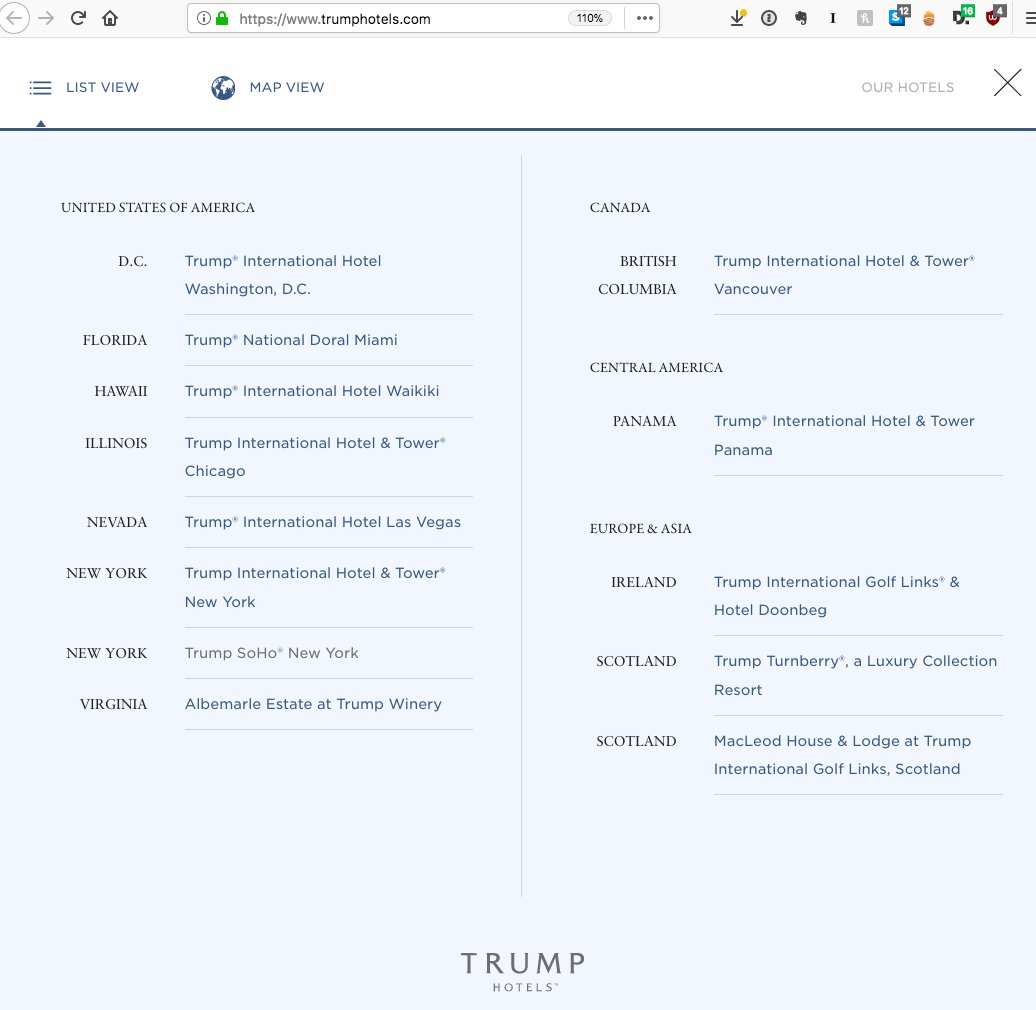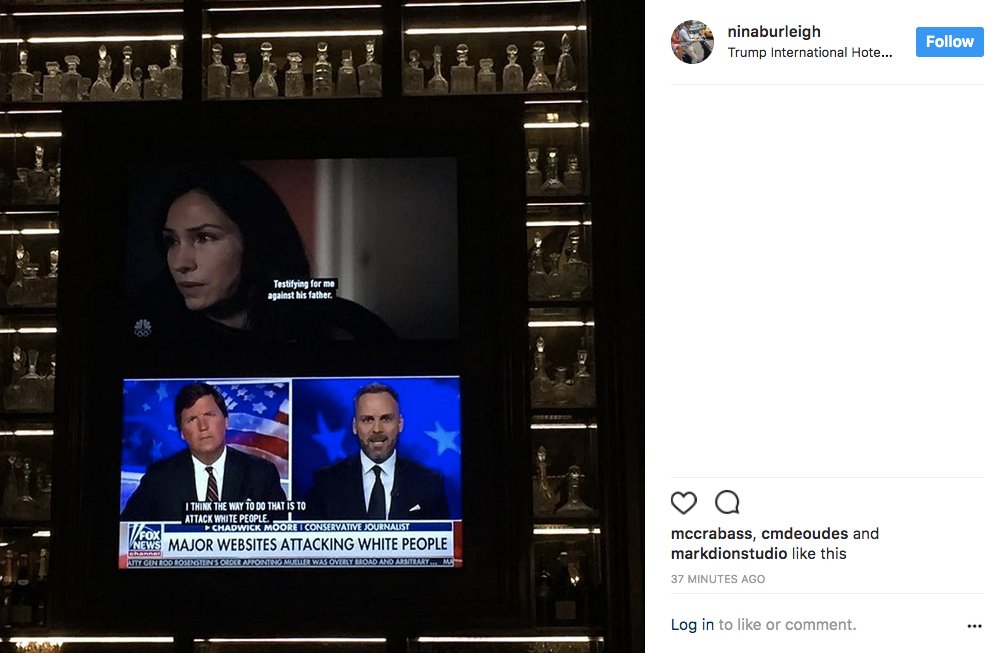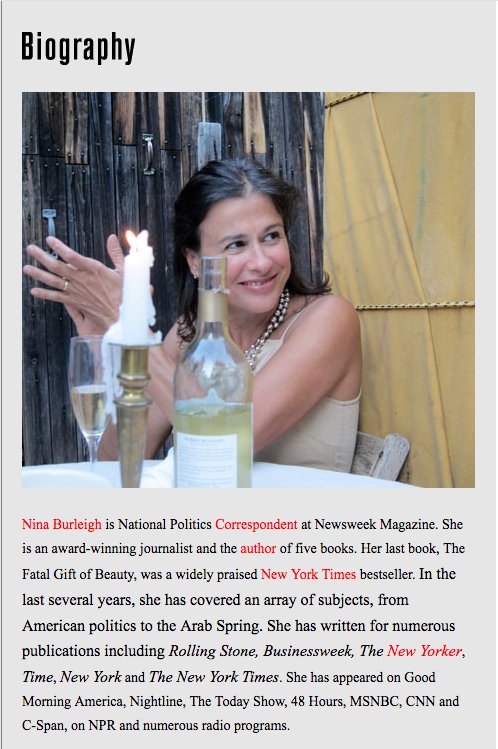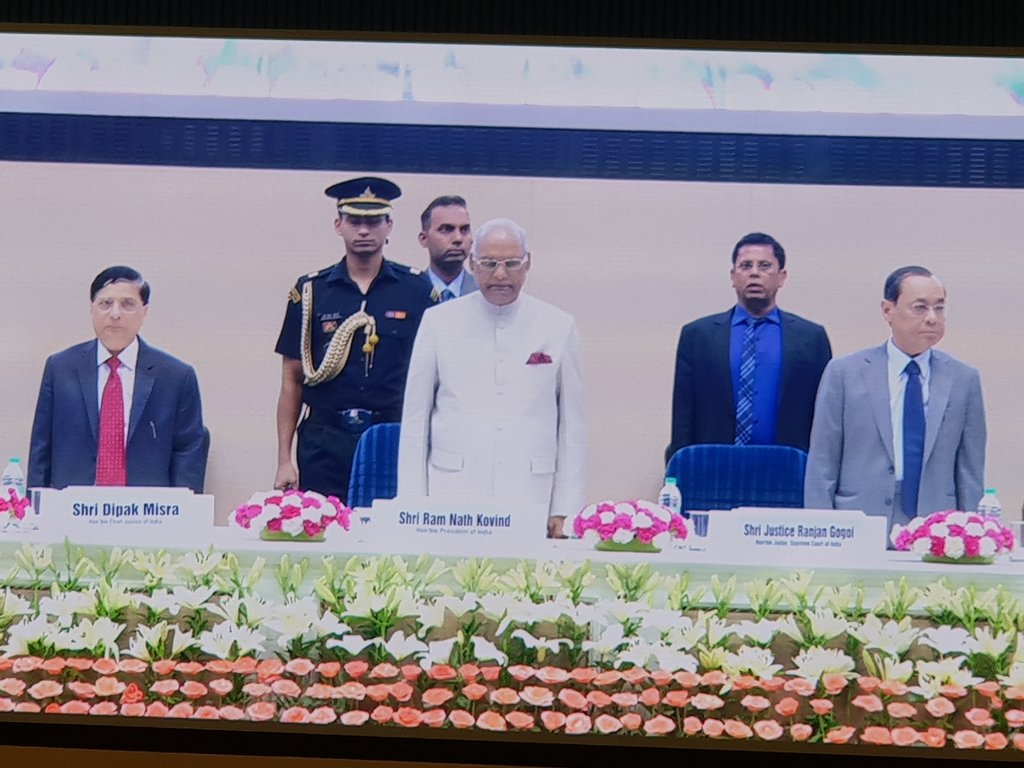
-AG KK Venugopal at the Conference.
On Technology: Technology can enhance quality of work of the Courts.
On Training: Legal Profession identifies continued need for education.
On Infrastructure: Good infrastructure needed for better litigant consultation.
"All District Courts (16000+) are computerised. 17 High Courts have adopted the software developed by the e-Committee."
"25-30% of cases pending in District Courts due to absence of effective service of summons. This will help in reducing the pendency"
He highlights that all orders and judgements are made available by the NIC. Justice Lokur terms the progress achieved by the e-Committee in the e-Courts program as a "technological revolution"
"If we want to tackle the process of speedy justice, we have to move away from the practice of oral arguments and have to be better with written submissions and at thinking on paper."
He says that training at the lowest level of Judiciary and among lawyers is lacking
Singh suggests that senior lawyers should reach out to Bar Associations and Law Schools to offer services like delivery of lectures to help in training process.
"Courses like BSc LLB and petroleum Law are a welcome change"
"Advocacy skills are important for speedy justice. Only if a lawyer presents his case effectively can a Judge speedily adjudicate upon it."
"Old lawyers went through standard commentary, Bare Acts, object of the Act and then applied their minds. Young lawyers do a 'word based' search"
"The 3+3 system gives a better understanding and a good grounding of a specific subject and then an education in law for 3 years."
"We have to remember, Justice is not confined to the Urban population alone, but the need for it is predominantly in the rural population."
"Unless you generate good law teachers, you will not generate good lawyers."
He makes a case for more transparency while making appointments to the Lawyers' chambers or Judges' chambers to ensure that those "not connected" also get a chance or it will be just an "Old boys' club"
"They don't enter the profession because they have no guarantee that they will be able to maintain their dignity should they enter the legal profession"


